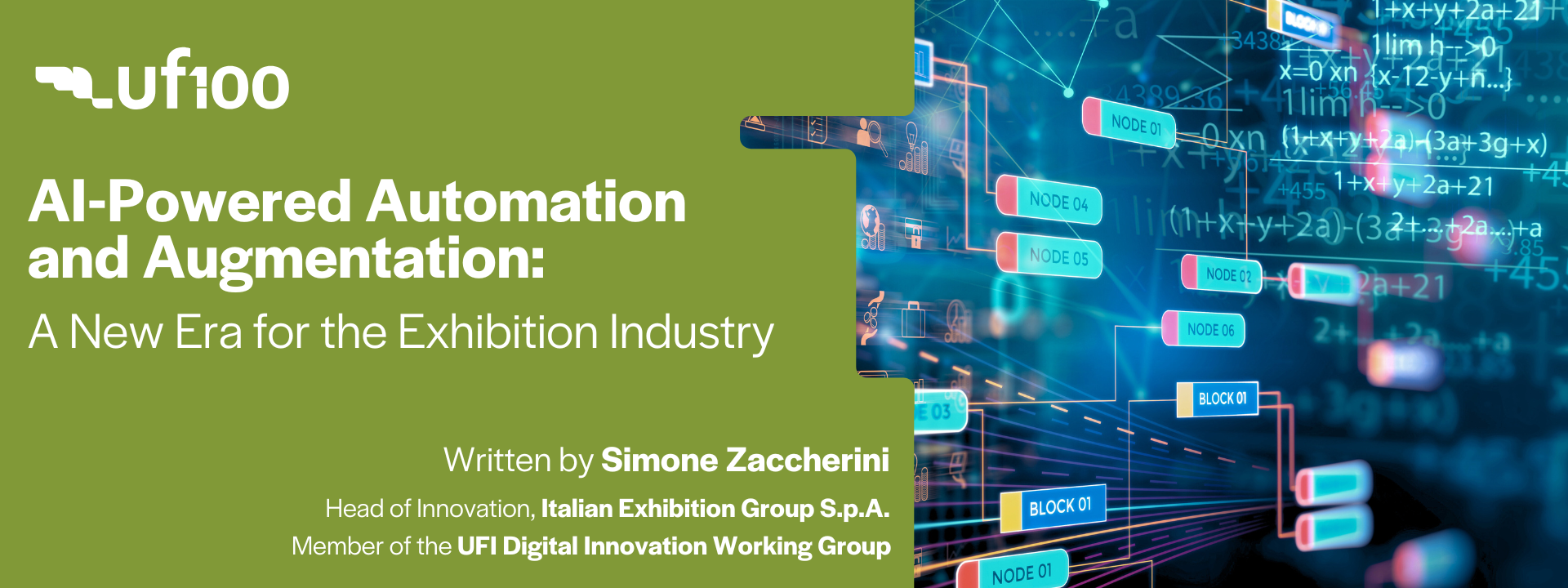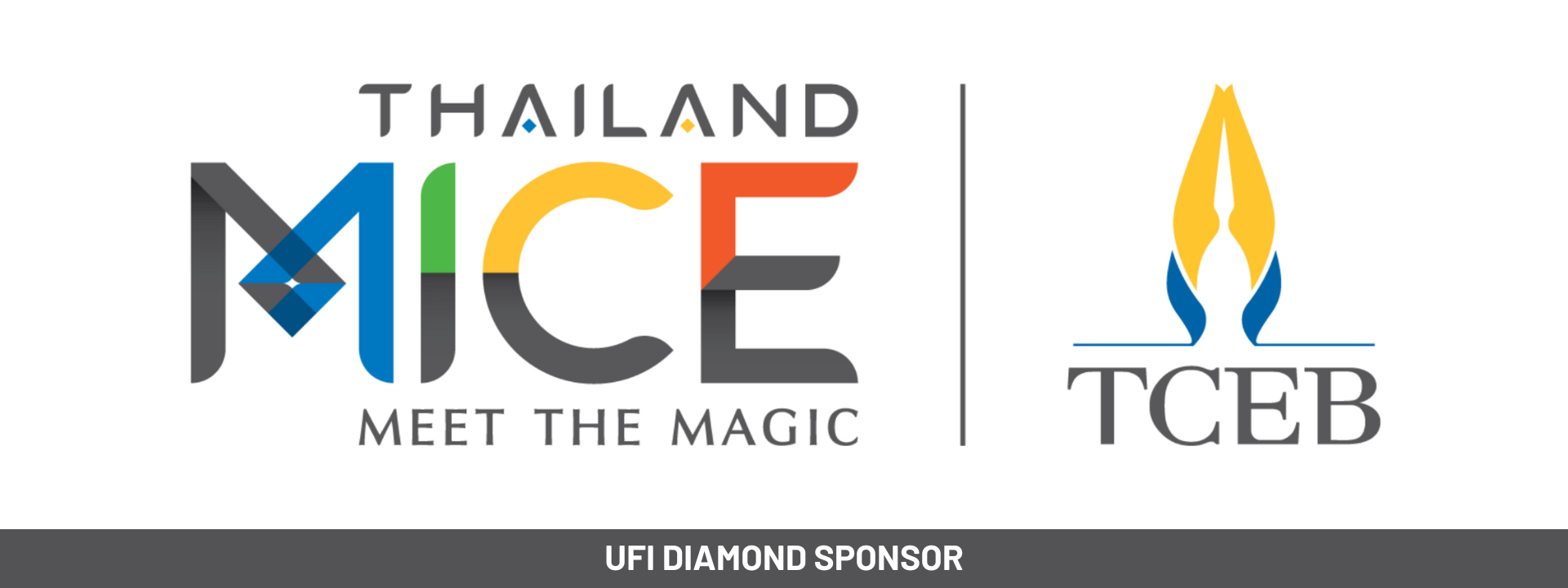Blogger: Gerald Böse, Chairman of the European Chapter at UFI and President and Chief Executive Officer of Koelnmesse GmbH
At the 82nd UFI Congress to be held in Milan, November 4 – 7, delegates are invited to join the European Chapter Meeting which will focus on how digitization shapes the exhibition industry. We asked Gerald Böse of Koelnmesse what congress delegates can look forward to during the meeting on Friday 6 November.
Why does digitization occupy such a prominent place on the European Chapter’s agenda?
“Digitization is shaking up the business models of many industries, including the trade fair sector. In a few years we will no longer be marketing trade fairs in the same way we do today. The trade fair sector has to react to changing business conditions by generating new and innovative concepts. The aim is not to question the function of trade fairs in general as a communication tool. Ten years from now we will still be selling square metres of exhibition space — but that’s not all we’ll be doing! I don’t know of a single major European trade fair company that is not currently addressing the issue of digitization and the challenges and opportunities associated with it. This focus is absolutely necessary in order to safeguard our sector’s future viability.”
What are the biggest challenges for trade fair organisers?
“The biggest challenge is certainly the fact that today nobody can yet say what the digital world will look like in ten or 15 years. We’ve set out on this path, but as yet no one can predict where it’s leading us and what the milestones along the way will look like. We trade fair organizers will continue to be successful only if we are ready to change and if we regard change as an opportunity. But that doesn’t mean we have to chase after every new digital trend. Among the practically endless possibilities offered by digitization, we have to successfully identify those solutions that offer added value to our customers and to us as service providers, while making the trade fair business even more efficient. These are considerable challenges as well.”
Where do the opportunities lie?
“Digitization means two things for the trade fair business. First, it’s important for us to use more digitization in our daily work. For example, new IT tools make processes and work methods more flexible and more efficient. However, our most important task is to transport our business model into the digital world and to open up new digital business areas. For instance, there’s tremendous potential in the new digital services and digital platforms that make it possible to match up supply and demand before and after trade fairs as well as during them. Digitally supported marketing platforms on our exhibition grounds are also promising us new possibilities for value creation.
After all, digitization is not solely a matter of technology. Never before have we had such good opportunities to orient ourselves to the needs of our exhibitors and visitors and to use digitization to optimally shape the points of contact between our customers and our trade fairs and services.
This is also an opportunity for trade fair companies to learn from one another. This is not simply a matter of competitive advantages but also of establishing standards that will keep trade fairs indispensable in the future as business platforms and live events. UFI, including our European Chapter, is the right basis for defining these standards.”
Visit www.ufi.org/milan2015 for more information on the Congress.
Follow news around the 82nd UFI Congress on Twitter: #ufimilan







It is exiting to hear that European trade fair operators are dealing with digitization and the transformation it will bring … to their customers, exhibitors and show visitors. Because their sales and purchase processes have never stopped after a show and digitization will give them the tool to improve on this process. Gerald Böse hits the core of what has to be expected from the digital transformation in the exhibition industry. We would like to take up a very few points.
We from Balluun (www.balluun.com) decidedly predict a synthesis between digital and live, not a disruption like in so many other industries, we have enough experience. B2B social commerce is the hidden giant in the exhibition trade. In the process of digitization the live event as a get together will become even more valuable for exhibitors and visitors.
We fully agree with Gerald Böse, that the transformation in the exhibition industry must be tackled jointly by UFI members, not in competition and the vision must be to set up a digital exhibition standard.
We also agree that in the future we will not be marketing trade fairs in the same way we do today. We shall rather be speaking of «marketplaces365» on behalf of our customers and trade fairs will be the annual or bi-annual summit. This is when trade fair operators will have ultimately transformed from estate agents for temporary real estate space to match-makers for their industries. Or as Gerald Böse says, «we have to successfully identify those solutions that offer added value to our customers and to us as service providers …». We say the service solution lies in the digital marketplace365.
Gerald Böse also says nobody can yet say what the digital world will look like in 10 or 15 years. We neither! But we have gained valuable experiences in the USA with operators such as UBM Advanstar, Toy Industry Association or LiveLoveSpa, who are successfull with their B2B social commerce plattforms with fast growing key figures. Parallel their shows are successfull. Very recently the first important European operator, Messe Stuttgart, has joined forces with us.
So let’s develop a roadmap for the digital transformation of the exhibition industry in order to establish a standard, before a tech company does it. It will secure exhibition operators a save future in their relevant industries and in the communications business. Let’s talk about it. We are ready for it. We have nothing to loose. We have a lot to gain.